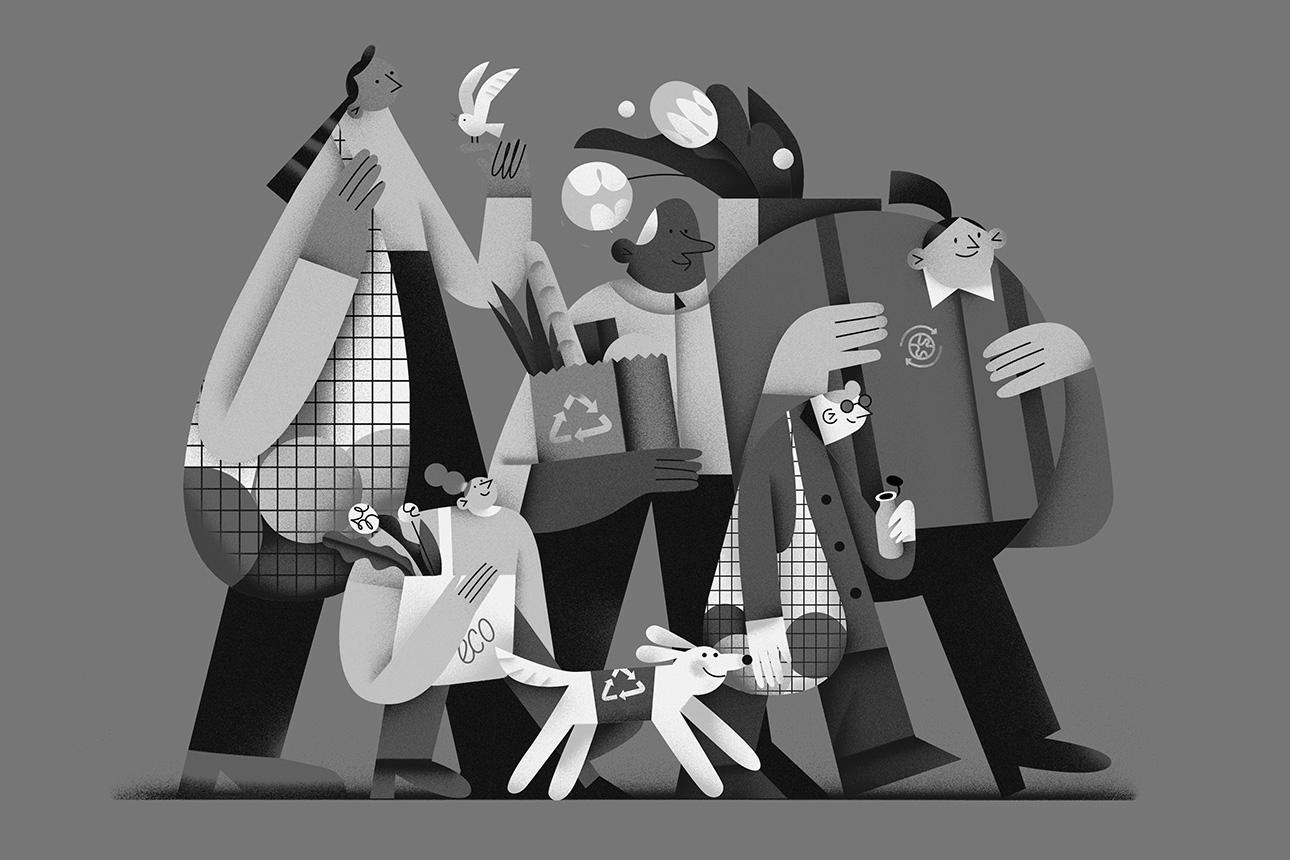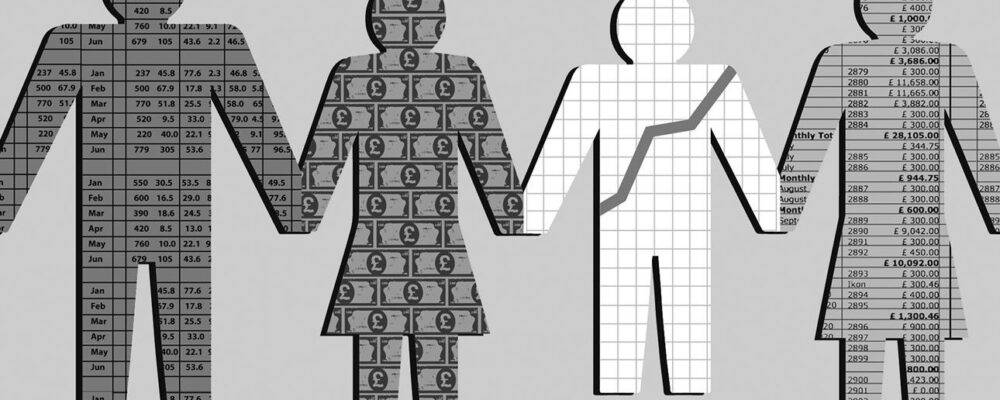Tania Yakunova/Ikon Images
Sustainability has become a powerful driver of consumer behavior. People are changing what they consume, how they consume, and how they lead their day-to-day lives, motivated by a concern for sustainability. Our research has identified a consumer-driven megatrend that holds tremendous strategic opportunity for companies if they change how they think of consumer preferences for sustainable options.
The belief that there is only one type of sustainable consumer fails to recognize the diversity of consumer preferences. The stereotypical sustainable consumer who has an intense passion for all things sustainable and a high willingness to pay for sustainable goods and services across all categories accounts for only a small portion of the world’s consumers. Sustainability is now a present and influential factor in how most consumers make their lifestyle and purchasing decisions. But the influence of sustainability on consumers is not uniform, neither in its intensity nor its extent.
To understand these differences and make them actionable, we conducted two core studies on consumers in North America and Europe and segmented them by performing a cluster analysis based on two dimensions (see “The Research”):
References
1. The product categories were as follows, with examples in parentheses: grocery and household shopping (food and nonfood), apparel/fashion/footwear, beauty and personal care, electronics and household appliances, furniture, restaurants, mobility via own means (cars, motorcycles), on-demand private mobility (taxis, ride sharing, e-scooters), local public transportation (buses, trains, trams), long-distance transportation (trains, planes, coaches), places to stay (hotels, hostels, holiday rental homes), holiday/vacation packages (package holiday rental homes), heating (usage, fuel sources), electricity, personal financial investments (mutual funds/exchange-traded funds, stocks, retirement funds), cryptocurrencies (Bitcoin, blockchain, other decentralized currencies), personal banking (checking account, current account, savings account), personal borrowing (mortgages, asset finance, credit cards, personal loans), and home construction/renovation (products such as paints and coatings, windows and wallboards, tiles and flooring, plumbing and heating).
“The MIT Sloan Management Review is a research-based magazine and digital platform for business executives published at the MIT Sloan School of Management.”
Please visit the firm link to site






